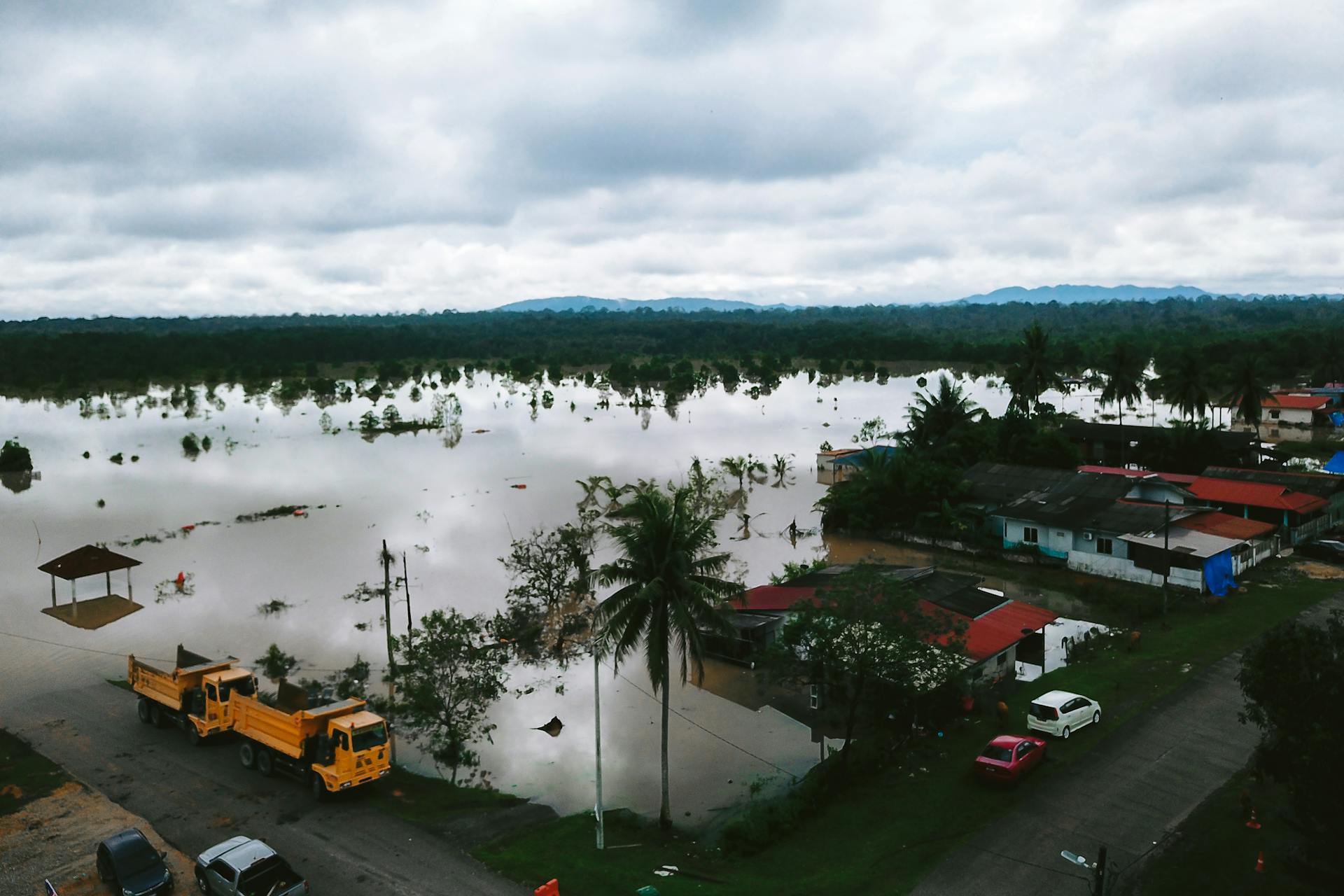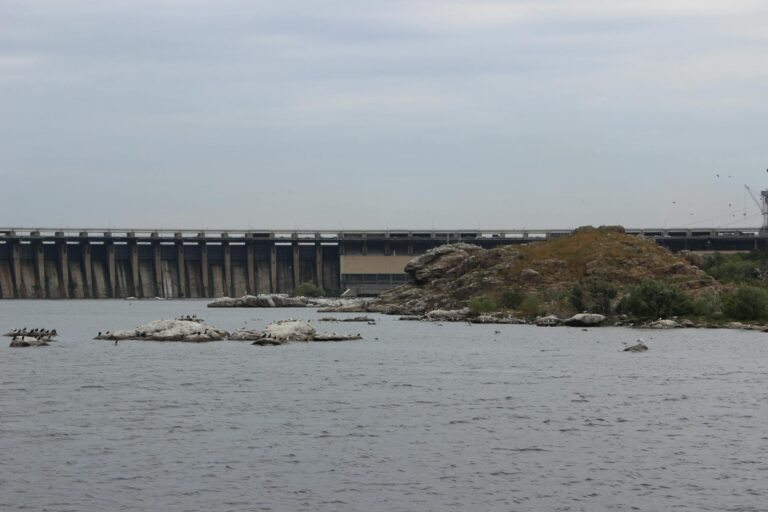Across Illinois, flooding poses the largest risk as a natural disaster. Communities everywhere feel its effects. Nonetheless, Chicago’s plan to fend off floods seems to be missing in action. We’re going to look into how easily our state could flood, what we’re doing about it, and what huge obstacles lie in wait.
The Startling Truth of City Floods
In July 2023, a massive storm hit Chicago, racking up some serious bills and putting the spotlight on how climate change is making things worse. The West Side along with its surrounding suburbs got hammered not just by the weather itself but also because our city structures just can’t handle it.
Mary Buchanan from West Garfield Park knows all too well what I’m talking about. She spent a fortune getting a device installed so her toilets wouldn’t back up with sewage, yet she still had to deal with a nightmare when her basement flooded anyway.
Last year, Buchanan’s basement got flooded. This resulted in ongoing problems such as mold and damage to the building’s structures story that many others can also tell. Though Buchanan spent $12,000 trying to fix these issues, it’s still not clear if her home can withstand future floods.
Statewide Responses and Roadblocks
Illinois has set up a group to tackle flooding issues, but progress is slow. In Chicago, even with the need for action being obvious, there’s no detailed plan yet. Different organizations are doing their own thing without working together. They face several challenges including,
- Delayed infrastructure projects, the public is still waiting for information on new flood control systems planned for Chicago’s South and West Sides because officials aren’t ready to start work on them.
- Federal aid and inspections, after storms hit, FEMA gave out $375 million in help after checking 63,000 homes. Still, many homeowners find themselves in the same boat as Buchanan struggling with repairs despite the assistance.
As people try to bounce back, they often hit roadblocks trying to get help.
The Illinois Answers Project has played a key role in bringing these problems to light. They’re planning a bunch of reports that will look into what the city is doing to improve water drainage and speed up the process of getting aid.
The Implications of Climate Change
Why Illinois is So Vulnerable to Flooding
Experts say that Illinois’ weather is getting wetter, and it’s likely to get worse because of climate change. History shows more intense storms are happening, which puts more pressure on an already struggling drainage and sewer system.
- Increasing risk, Over the next 30 years, many more properties in Illinois could be at risk for flooding. Cook County might see a big part of this increase.
- Infrastructure inadequacies, lots of towns and cities in Illinois are having trouble keeping their old infrastructure that deals with stormwater effectively.
Ongoing Efforts and Future Plans
Chicago and Illinois’ Fight Against Floods
The city of Chicago and the state have rolled out several efforts to reduce flooding. These include,
- Infrastructure improvement, there’s a push to build big storage tanks under the ground and a new tunnel system. This should help stop basements from flooding in key areas.
- Comprehensive water strategy, A statewide plan for managing water has been updated for the first time in over three decades. It includes ideas on how to cope with floods and it recognizes that climate change plays a part.
Obstacles in Teamwork and Money
Even though there are plans, they’re running into some big issues,
- No joint game plan, without a citywide flood control strategy, it’s hard to get money together or decide which projects are most important.
- Political snags, Effort to come up with an all-encompassing plan keep hitting walls because politicians can’t seem to agree on what steps should be taken first when it comes to stopping floods.
Looking Forward, The Need for Comprehensive Action
Our future steps must involve a united push from government at every level and community groups. Local leaders like Ald. Maria Hadden are pushing for an all-encompassing plan to fight urban flooding problems, now and in the future. How well our communities can handle these environmental dangers depends on having strong plans in place.
Flooding in Illinois, A Constant Struggle
In facing climate change, Illinois must deal with its effects on both city and country areas. It’s becoming increasingly obvious that while some efforts are under way, there’s still a ton of work to do to protect against major floods – the state’s biggest natural threat.











+ There are no comments
Add yours